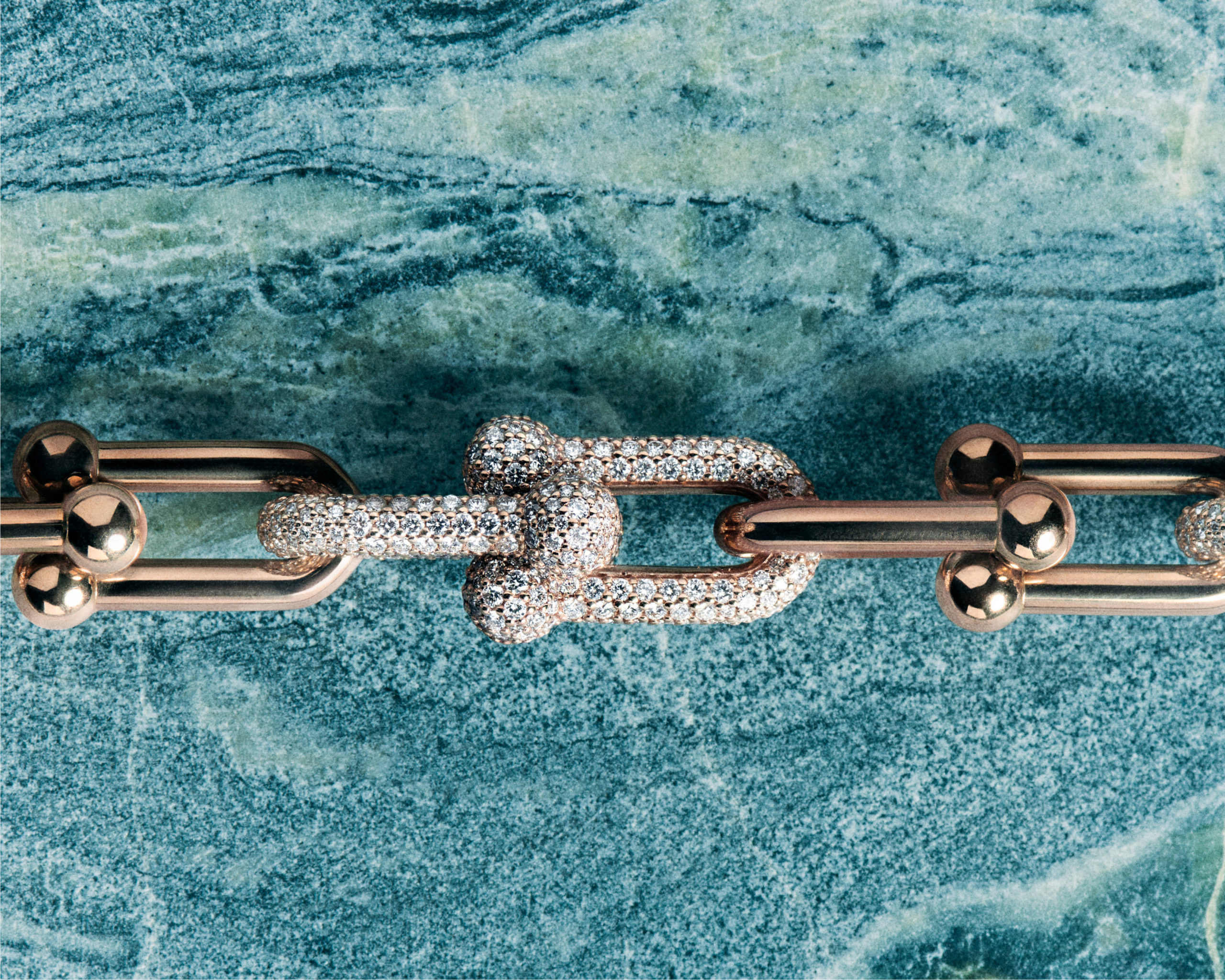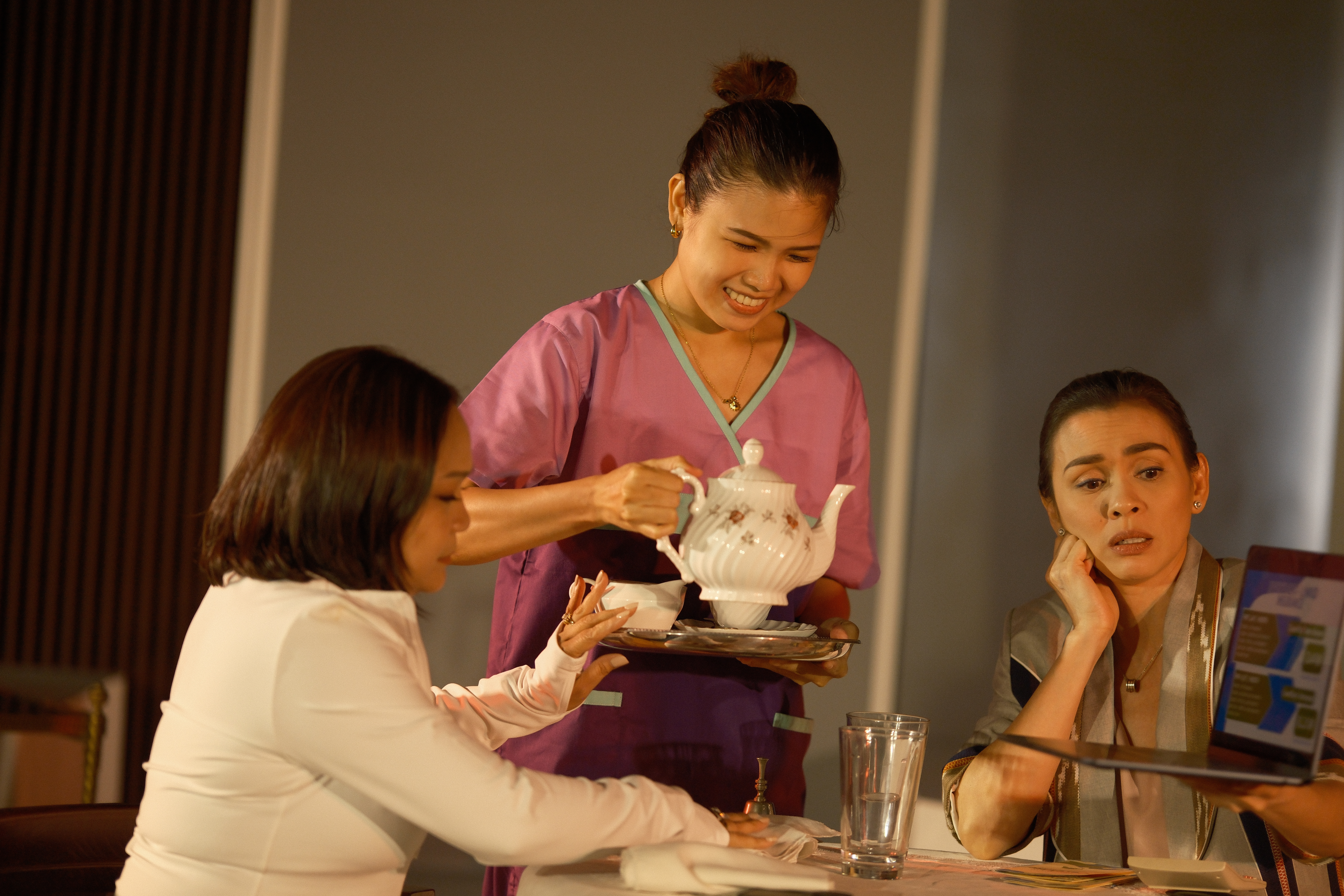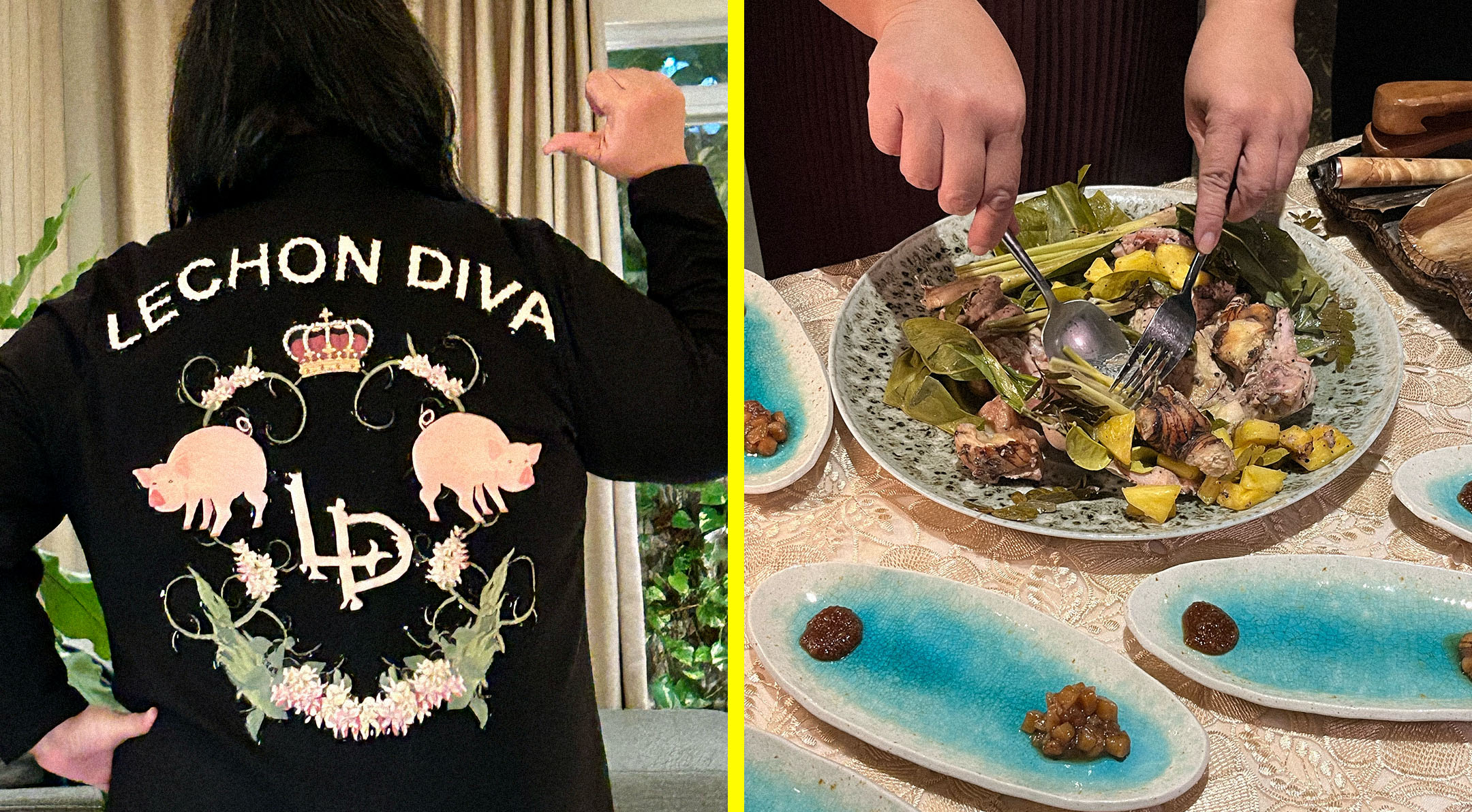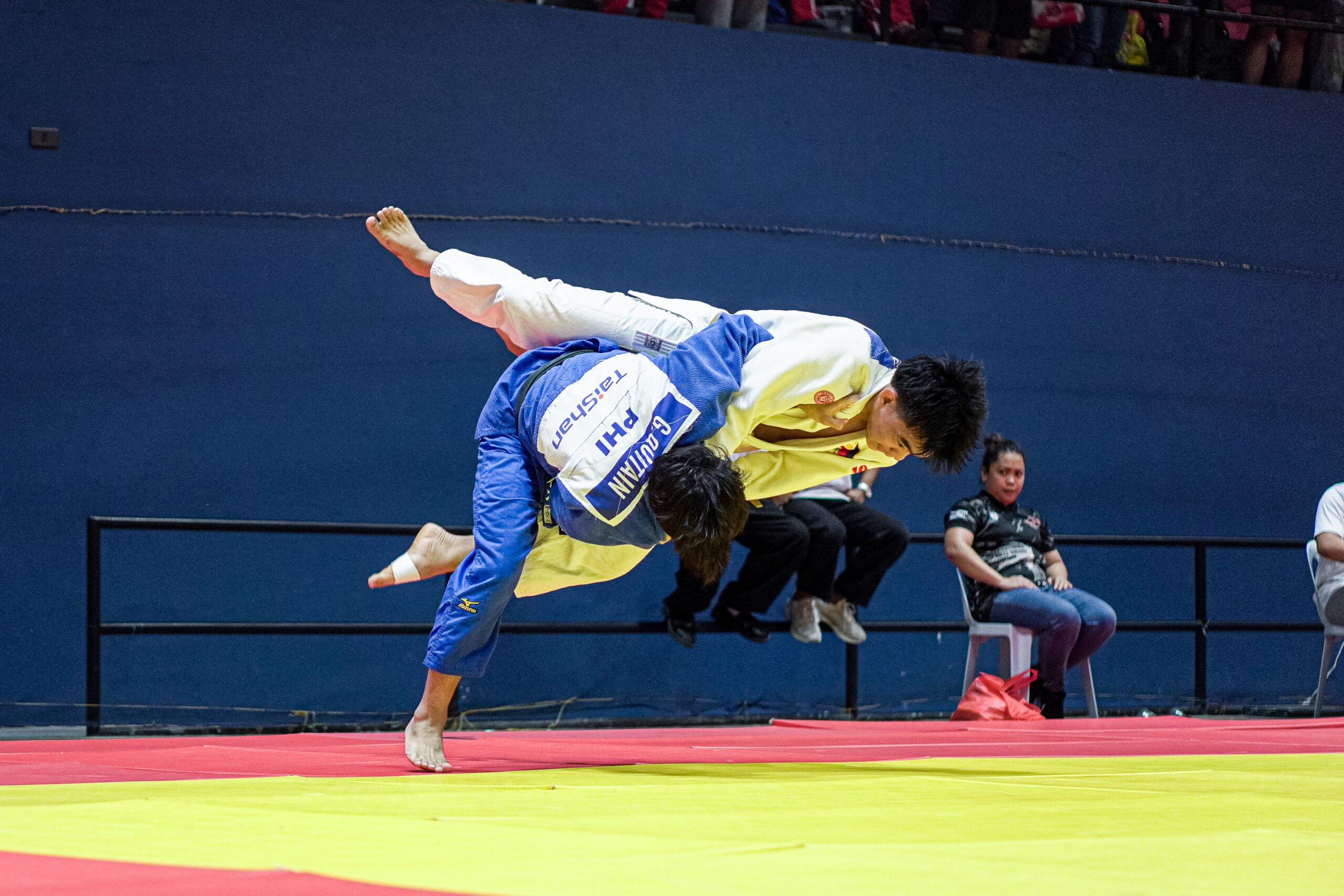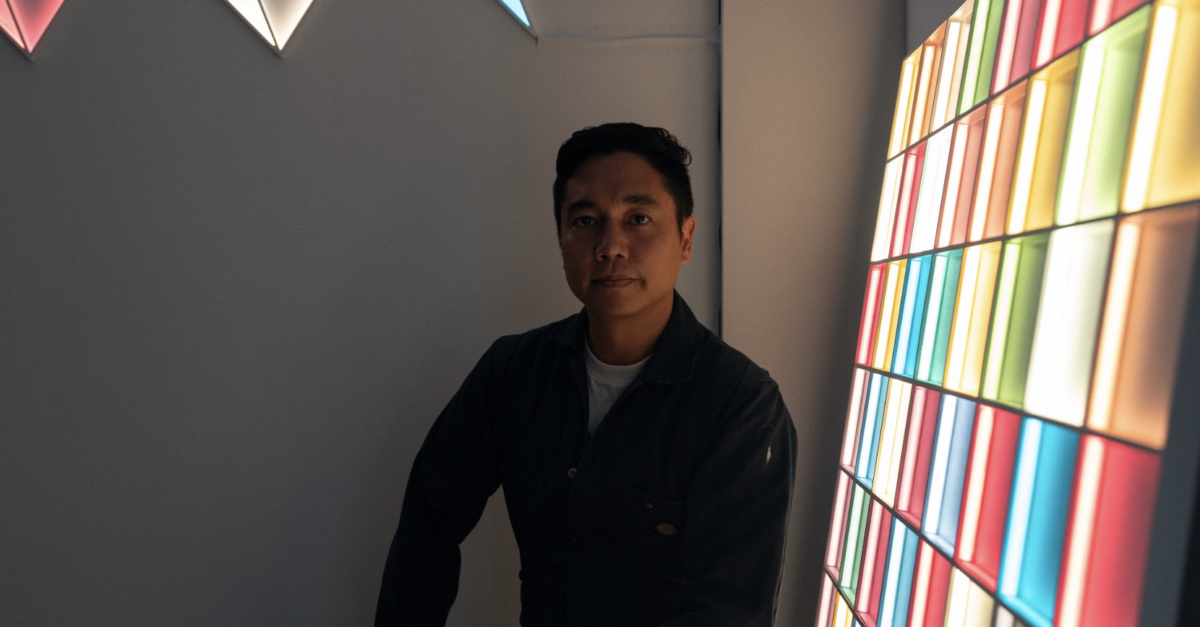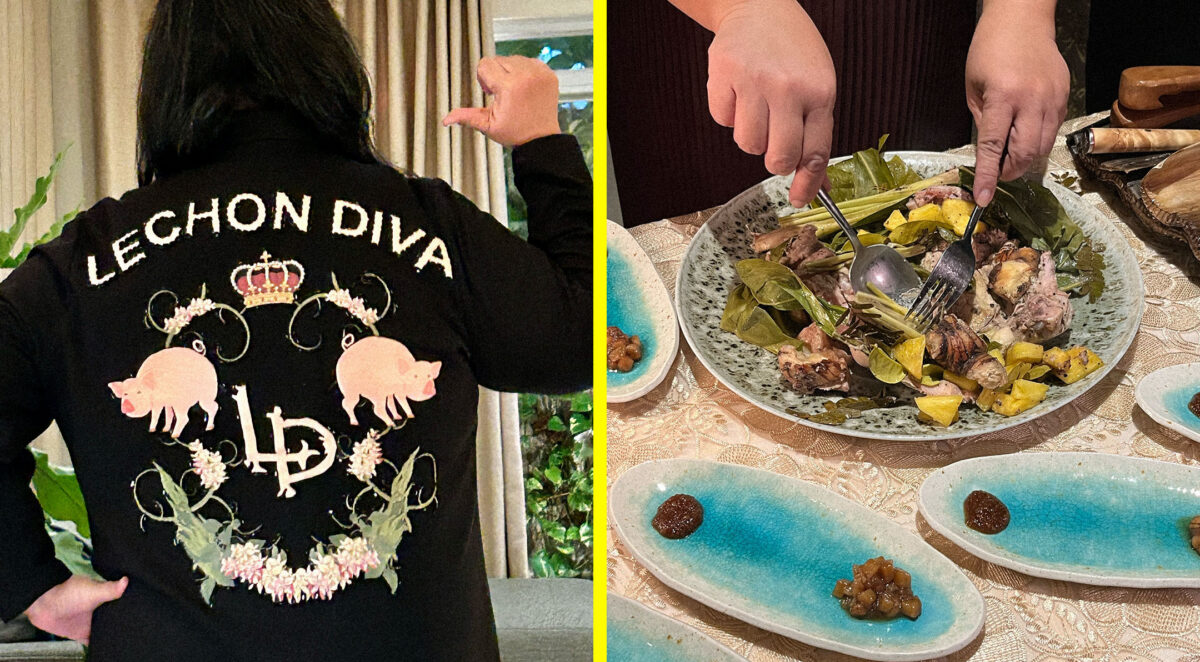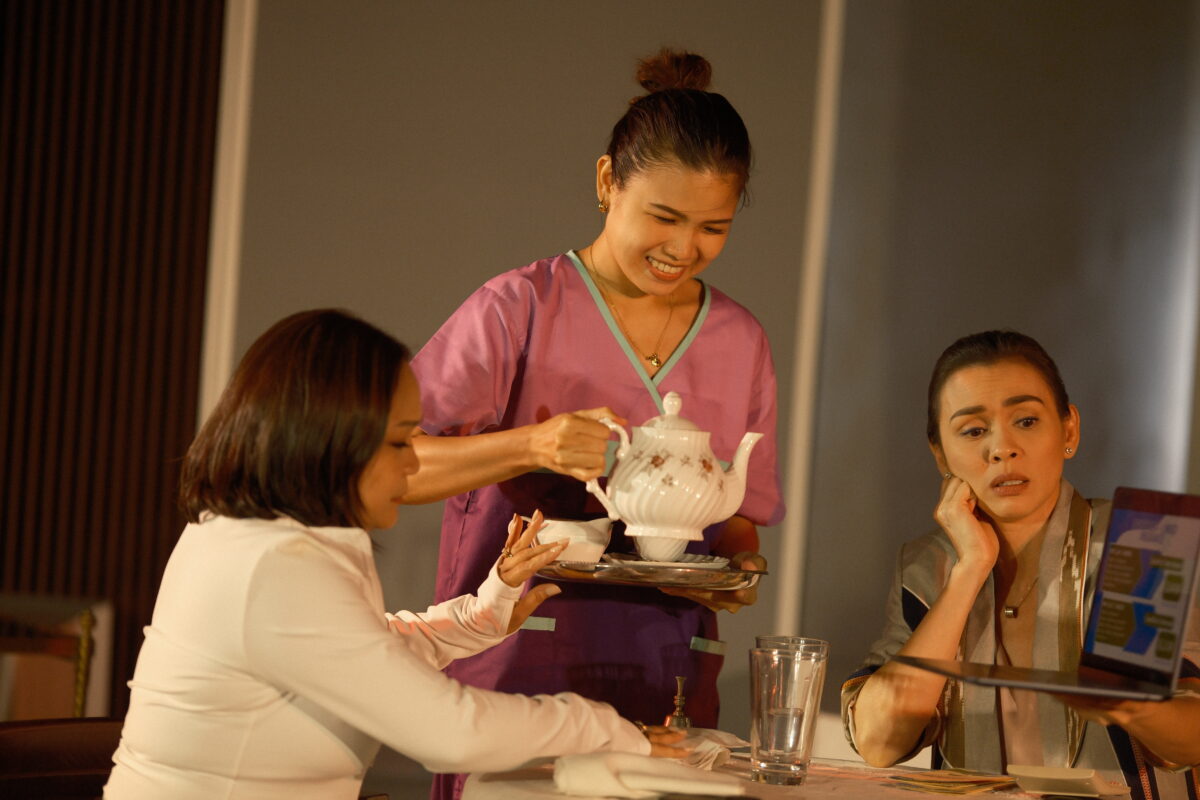
Growing up in the province of Cavite, I’ve witnessed how superstition and folk beliefs are often revered over modern and practical thinking. To make my life even more interesting, I have a funeral director for a father. My parents and I lived in the penthouse of our funeral parlor until my sister was born, and we moved into a house a few blocks away.
As one of the heiresses of Alvarez Funeral Home, I’ve grown accustomed to the beliefs and rituals surrounding death. Some are harmless pamahiin passed on by the elderly, while others are bordering on ridiculous and inexplicable. See if any of these dos and don’ts sound familiar to you.
The signs
A lingering black butterfly is a sign that one of your relatives just died.
If a falling spider lands on you, it’s an omen that someone close to you will die.
If you dream that your tooth falls off or is being extracted, it means that a relative is about to die. You can counteract this forewarning by biting a piece of wood when you wake up.
The immediate members of the dead person’s family should wear black or white at the wake or funeral to signify mourning. Bright and happy colors are prohibited, especially red. In fact, the family should avoid wearing red for a year from the person’s death.
If a person sneezes at a wake, pinch him or he will soon join the dead.
If the dead person is holding a rosary in the coffin, you must break it before burying the person. Breaking the rosary or pulling the string apart will prevent a series of deaths in the family.
Casket case
Place some money in the dead person’s hand as you lay him in the coffin. This serves as his pabaon in the other life. You may put any amount you want, but do not forget to remove the cash from his hand before the burial.
If someone starts wailing at the coffin, make sure that his or her teardrops do not touch the coffin or the dead body. This will make the dead person’s journey to the afterlife difficult.
When carrying a coffin into a room or building, be careful that the coffin doesn’t hit the wall or doorway.
Before burying the dead, carry the departed’s young children or grandchildren over the coffin and back. Make sure their bodies don’t touch the casket. This ritual prevents the dead person from haunting the children.
Always carry the coffin out of the house, church, or funeral parlor headfirst to prevent the soul of the dead from coming back.
If the person was murdered and you are seeking justice, place live chicks on the person’s coffin during the wake. Every time the chick taps its beak on the coffin, it also taps into the conscience of the murderer.
Blame it on lady luck
Do not sweep the floor while the funeral is being held in your house or it will bring bad luck. You may only start sweeping after the burial. If the wake is held in a funeral home or chapel, then it’s okay to sweep.
The bereaved should not walk their funeral guests to the door to avoid passing on the ill fate of death to them.
When you carry the casket out of the house, pour vinegar all over the floor as soon as the dead exits. Some customs even dictate that the bereaved must bathe in vinegar after the burial as a form of cleansing.
Casper, the friendly ghost
Guests should not bring home food from the wake or the dead person’s soul will go hungry in the afterlife.
After visiting a funeral, do not go home immediately or the ghost of the dead will follow you home.
During the funeral march, a man whose wife is pregnant should not carry the casket. Before he heads home, he should light a cigarette from a fire at the cemetery gate to ward off the spirits of the dead.
If you suddenly smell flowers or candle smoke in a room that has neither of the two, it means that the ghost of a dead relative is visiting you.
Celebrate the dead person’s 40th day of death with a Mass or vigil, because just like Jesus Christ, it is the day that his soul ascends to heaven.
* * *
People ask me if I personally believe in these customs. I’ll be blunt: No.
I’ve made it a habit to peek into coffins to see how much money the family placed in the dead person’s hand, and sarcastically wondered how far P100 can take you in the afterlife.
I’ve often mooched by taking home some cupcakes and candy from a wake. I highly doubt that the dead will need these cupcakes in the afterlife. Although I believe in ghosts and have psychic abilities, I can assure you that not every dead person suddenly turns into a haunting poltergeist who’s out to scare the living daylights out of his family.
But out of respect, funeral directors and their employees adhere to some of these beliefs to help the bereaved cope with their loss of a loved one. Superstition, although stemmed from irrational fear of the unknown, give people a sense of relief. The bereaved find comfort in knowing that by following these rituals, they’ve tried their best to bring peace to the dead, as well as themselves.
Visit www.katewashere.com.


